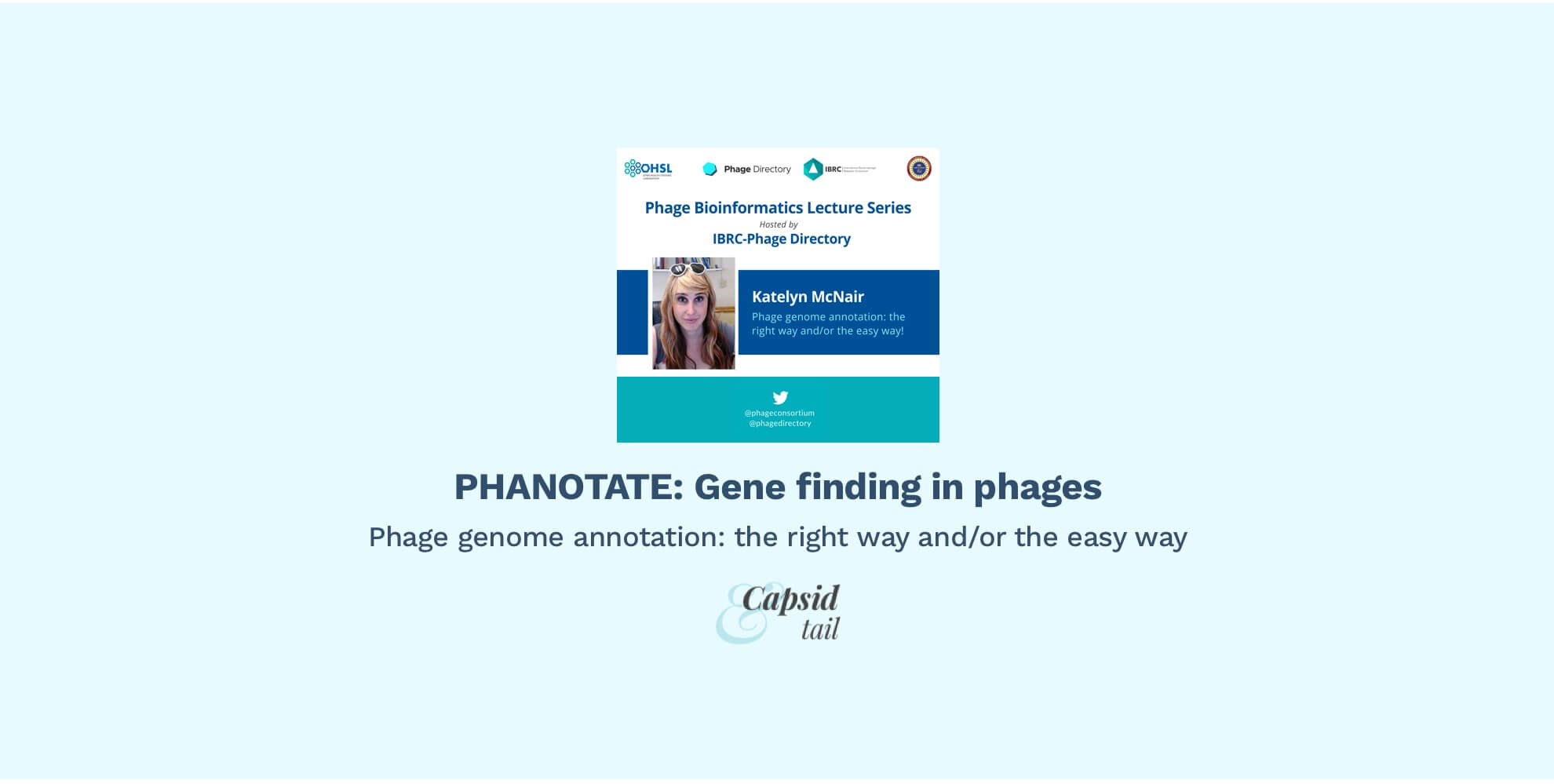Fixed Phage, a Glasgow-based phage biotech company commercialising phage immobilisation and stabilisation-based technology, has secured £2.4 million to scale up its fight against new microbial threats that pose risks to human health and agriculture.
PBD Biotech has secured a £2.3m investment to take Actiphage®, a rapid, accurate phage-based bovine TB test through to validation by the World Organisation for Animal Health. This test has potential to enable farmers to effectively remove TB from their herds.
James Doub (University of Maryland School of Medicine) and colleagues published a new paper in Pharmaceuticals on their successful treatment of a recalcitrant Staphylococcus epidermidis prosthetic knee infection with intraoperative phage therapy. The phage used in this case is the first ɛ2 phage (‘bred’ phages generated at PhagoMed by superinfecting S. epidermidis strains with multiple wild type phages) to be used in vivo.
Eleanor Townsend (University of Warwick) and colleagues published a new paper in PHAGE describing the isolation and characterization of 30 novel, genetically diverse Klebsiella phages.
The Center for Phage Technology has published CPT-GFFParser, an extensively featured Python parser for GFF format reading/writing developed by the CPT bioinformatics team (main author Anthony Criscione). It’s now available as a python package here.







